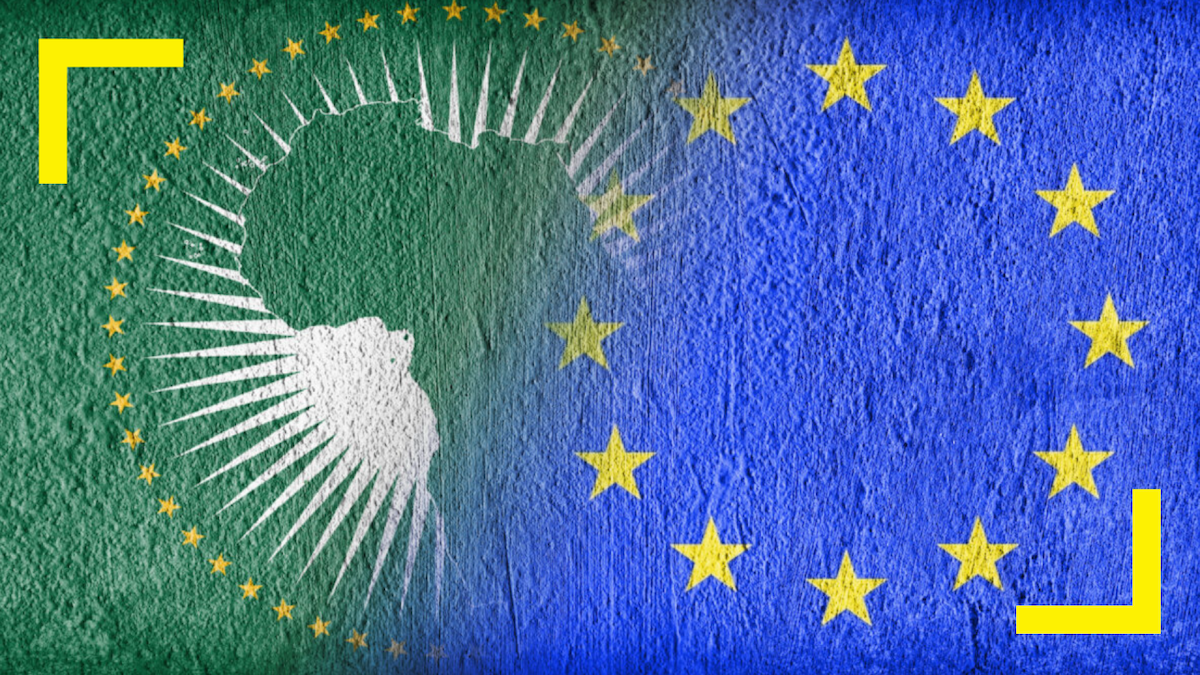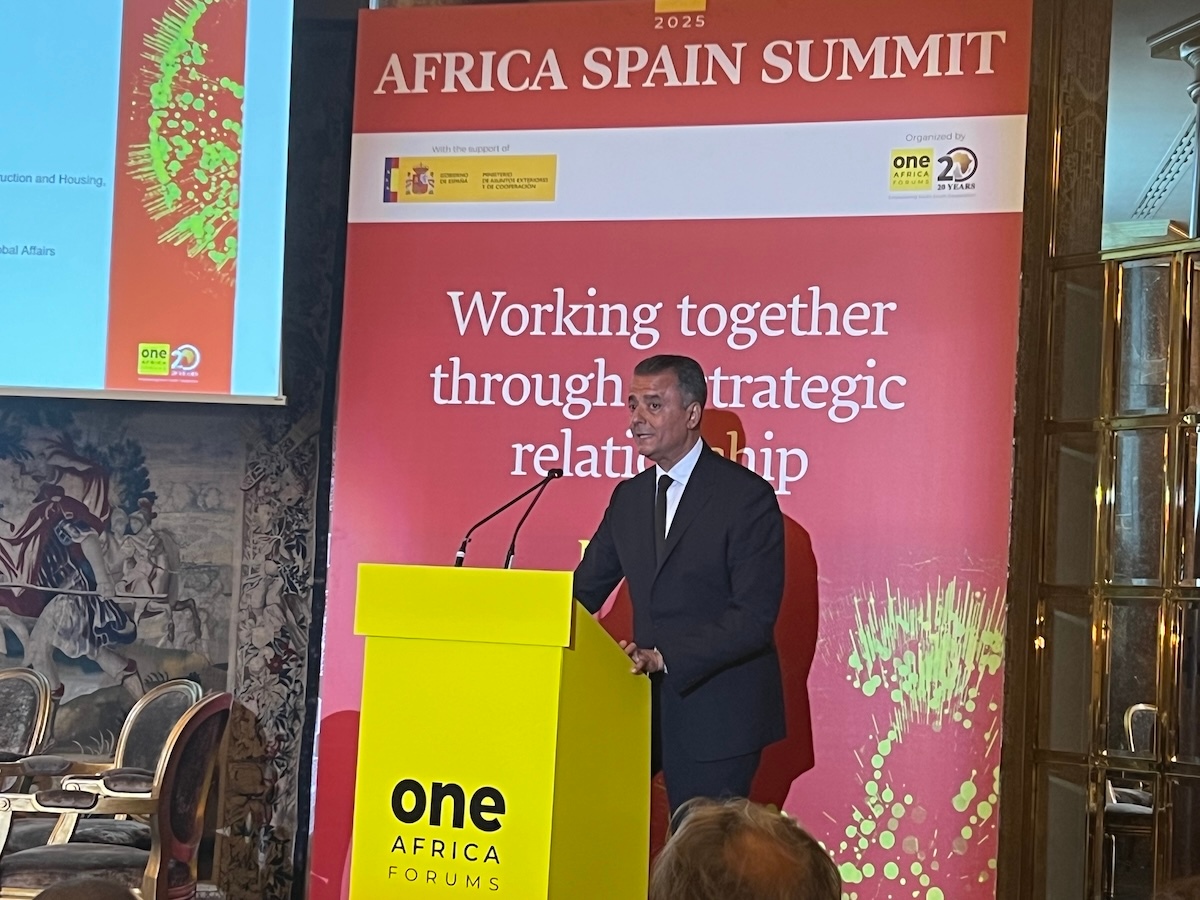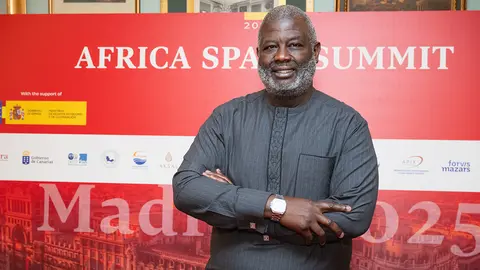Is Europe still useful to Africa?

Instead of wondering whether it still has a role to play in Africa, it would do better to reflect on the nature of that role, its legitimacy, and above all its ability to adapt to a continent that is changing rapidly.
Today's Africa is no longer the sphere of influence it has long been for Western governments. It is becoming a field of arbitration, where partnerships are built on the basis of results and a shared future. In this new situation, Europe seems to be catching its breath.
This is not to deny the historical, economic, and cultural ties—often painful—that unite the two blocs. But it is to recognize that these ties are no longer enough to tell the story. Diplomatic language no longer works. Neither do courtesy visits. Africa is now looking to Asia, the Gulf powers, Turkey, and sometimes even Latin America.
It is diversifying its alliances and choosing its partners. And it is doing so without hesitation. Soft power mechanisms are showing their limitations: the Global Gateway, with €300 billion to counter the influence of China and the United States in the Global South, plans to allocate €150 billion to Africa by 2027. One might wonder what explains this loss of influence.

A relationship in need of change
For too long, Europe has treated Africa as a place for aid, migration management, or structural adjustment. Rarely as an equal strategic partner. Cooperation mechanisms have remained locked into a paternalistic “support” mindset, with technocratic language that fails to take into account the rise of African aspirations. The result is disconnection.
While African capitals are looking for quick, effective, and structural solutions, Brussels is still dwelling on outdated models, often dictated by internal priorities. This inertia is all the more problematic as other players are moving forward.
China, the United Arab Emirates, and India are investing, building, listening, and training. This is where Europe is expected to step up. For example, in economic terms, this reality speaks for itself: the annual investment deficit in African infrastructure exceeds $150 billion.
The paradox is that Europe, thanks to its historical and cultural roots, has all the cards in its hand. It remains the leading provider of official development assistance (more than 40% of global aid) and, with a stock of more than €200 billion, the leading foreign direct investor on the continent.
The Old Continent can no longer be content with “selling” its historical proximity or its values. It must “buy” its place in the new African economic architecture. In short, it would be wrong to say that Europe is doomed to fade away.
In some countries, it remains a major investor and an influential donor. It has significant diplomatic, institutional, and educational capital. But this capital is slowly but surely eroding if nothing changes in the approach.
To regain its place, Europe will have to change. It must move away from a top-down approach. It must give up trying to control African dynamics. It must accept to negotiate and share...










